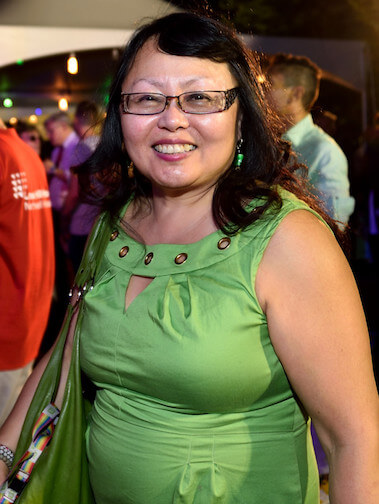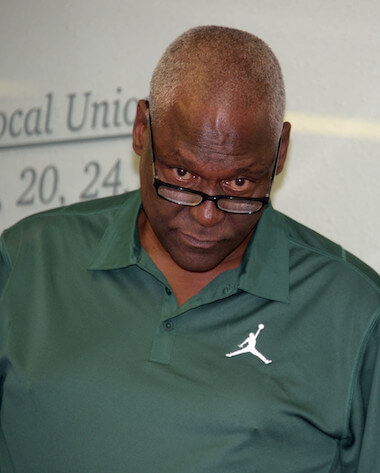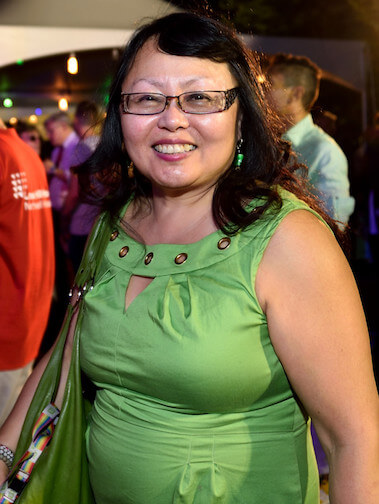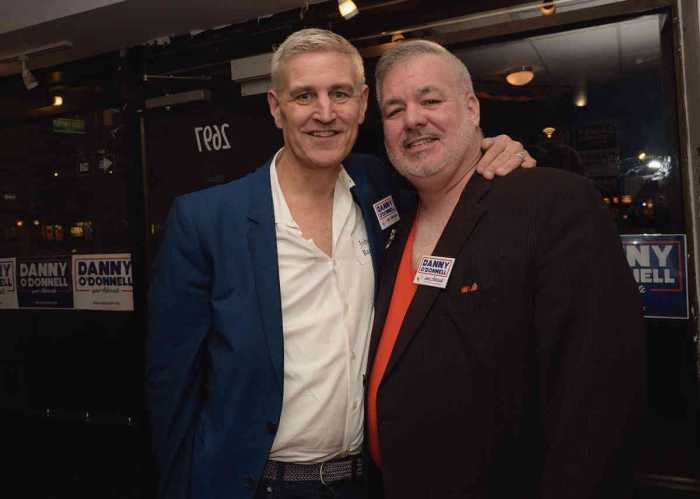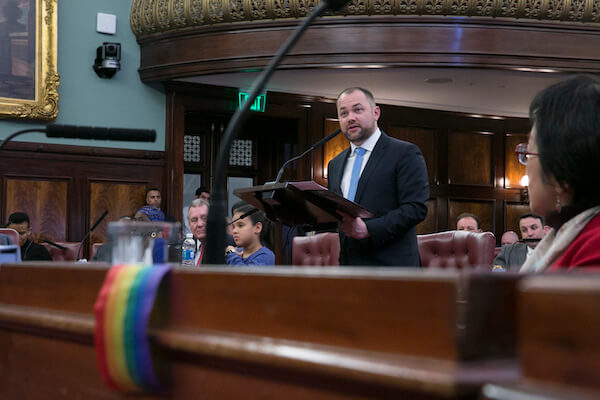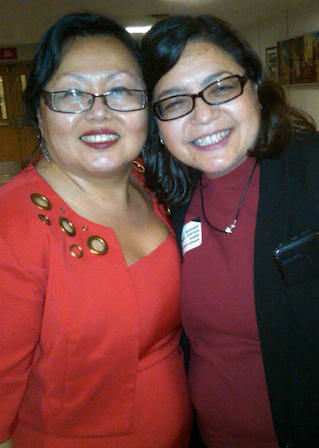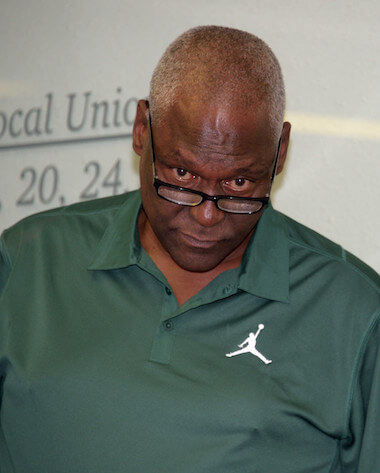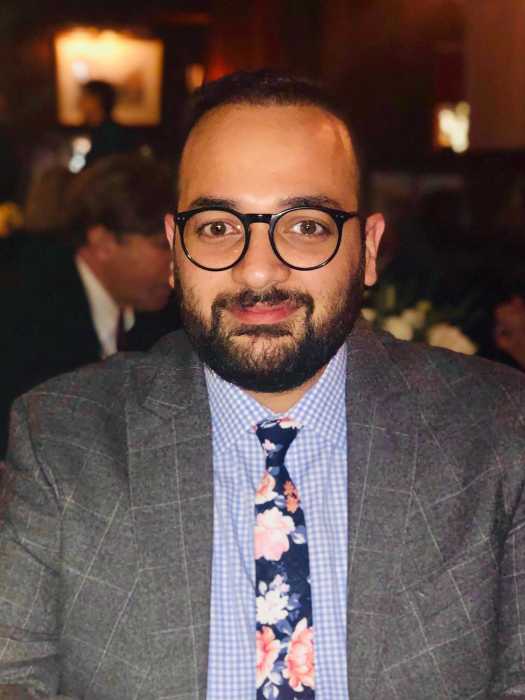State Assemblymember Keith Wright, the Manhattan Democratic Party chief, at the emergency executive session called on September 7 to discuss Justice Doris Ling-Cohan's treatment by a party judicial screening panel. | DONNA ACETO
In response to an explosive controversy over a Manhattan Democratic Party judicial screening panel’s decision not to recommend the re-nomination of New York County Supreme Court Justice Doris Ling-Cohan, the party’s executive committee held a hastily called emergency session on September 7 to explore whether there is now any legal way to nominate her this year.
After nearly two hours, however, the meeting broke up with no decision reached.
Marc Landis, an Upper West Side district leader, said many in the meeting were “surprised” by the panel’s decision and that Ling-Cohan’s option at this point is to have her name put in nomination from the floor at the September 22 county convention, which will decide the Democratic judicial slate for the November election.
Curtis Arluck, the longtime co-chair of the party’s Judiciary Committee and a Morningside Heights district leader – who prior to the meeting described the panel’s decision as “bizarre” and unprecedented – predicted that Ling-Cohan “is likely to be selected at the convention.”
Manhattan City Councilmember Rosie Mendez, a fierce critic of the panel’s move, has pledged to make certain that Ling-Cohan’s name is put into nomination on September 22.
Ling-Cohan is the author of the historic 2005 decision ordering the city to begin issuing marriage licenses to same-sex couples, a decision successfully appealed by Mayor Michael Bloomberg and Attorney General Eliot Spitzer, which delayed gay marriages in New York for six years until the Legislature acted in 2011. Despite that ruling being overturned, Ling-Cohan’s decision was cited repeatedly both other courts nationwide that moved the issue forward toward its final resolution at the US Supreme Court in 2015.
Justice Doris Ling-Cohan at June's LGBT Community Center Garden Party. | DONNA ACETO
Prior to the emergency meeting, Arluck and Harlem State Assemblymember Keith Wright, the county leader, emphasized there must be a “firewall” between the party and its screening panel. Both said panelists are free to speak to the press or in public now that their deliberations are over, but panelists have mostly refused comment.
Ling-Cohan’s supporters – roughly of 100 of whom rallied at City Hall on September 6, including legal scholars, a variety of lawyers' associations, and elected officials – charged that the decision by the panel, made up largely of attorneys from the real estate and corporate bars, was based on issues like her progressive rulings on tenant issues. “These white shoe lawyers are getting a chance to knock off judges to benefit themselves,” charged Pete Gleason of the Downtown Independent Democrats.
Ling-Cohan herself sent an email to Arluck, obtained by Gay City News, noting that though she had been approved by the panel’s subcommittee that interviewed her, she was not given the opportunity to address the concerns raised about her by the full panel.
Delegates to the September 22 party convention will be elected in next Tuesday’s primary.

